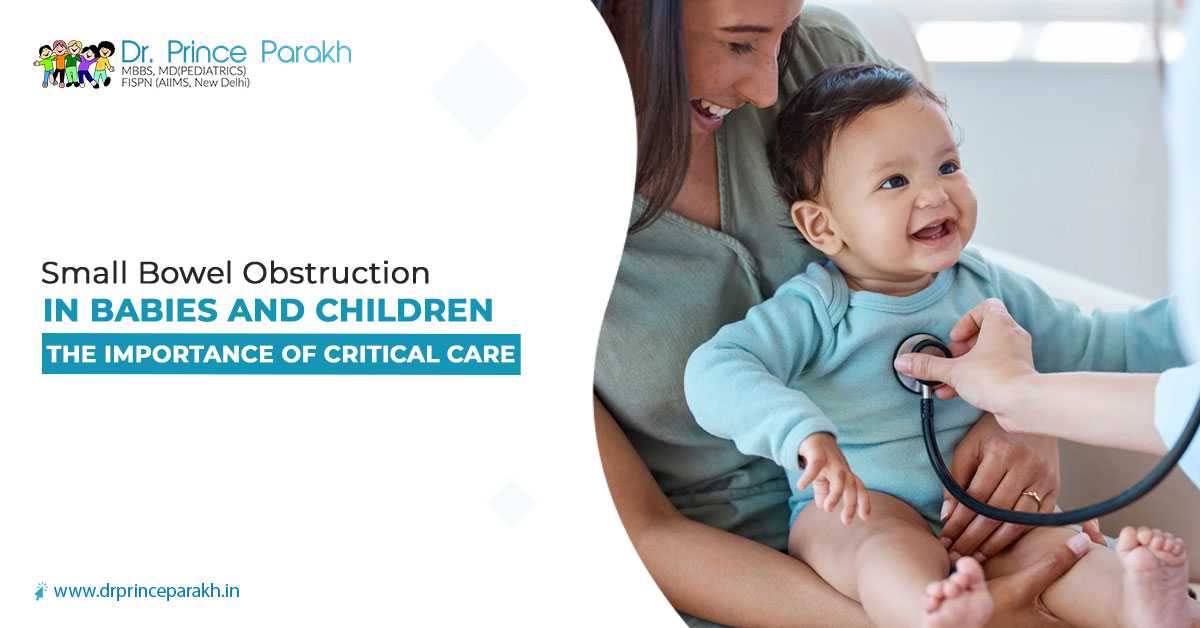Fever in children is a common thing that often results in concern and worry for many parents. Fever is a condition when your child’s body temperature above the normal range of 98.6 degrees Fahrenheit. There are various reasons of fever in children, as it is crucial to understand the underlying reasons behind this symptom.
Bacterial Infections
The primary cause of fever in children is viral or bacterial infections. These infections can occur in various parts of the body, including the respiratory tract, ears, throat, or urinary tract. Common viral infections responsible for fever in children are the flu, common cold, and respiratory syncytial virus (RSV).
Meanwhile, bacterial infections, such as strep throat or urinary tract infections (UTIs), can also lead to fever. When the immune system detects these invaders, it triggers a response that increases body temperature as a defense mechanism.
Immunizations
Immunizations are another cause of having fever in children. Vaccines play a vital role in protecting children from various diseases, but they can occasionally cause side effects, including a low-grade fever.
Immunizations stimulate the immune system to produce a response, which slightly increase in body temperature. It is essential to note that this fever is generally benign and resolves within a day or two.
Inflammatory Conditions
Additionally, certain inflammatory conditions can also contribute to fever in children. Autoimmune diseases, such as juvenile rheumatoid arthritis or lupus, can cause chronic or recurrent fevers.
Inflammatory bowel diseases, like Crohn's disease or ulcerative colitis, may also lead your child to have fever due to the body's immune response to ongoing inflammation.
Climate Changes
Sometimes, non-infectious causes can occasionally result in fever among children. Overexposure to hot weather or prolonged physical activity can elevate body temperature.
Moreover, certain medications, such as antibiotics or anti-seizure drugs, have the potential side effect of inducing fever in some individuals.
What Are The Fever Prevention Methods?
To prevent fever in children, it is important for you as a parent that your child should stay hydrated. Make sure your child drink plenty of fluids and dress them in light, breathable clothing. It’s also important to monitor their temperature occasionally and give them the appropriate medication as prescribed by a pediatric doctor.
Teach them on proper hand washing techniques that also help prevent the spread of bacteria and viruses, cause fever. Keeping them away from sick individuals and maintain a clean and hygienic environment to reduce their chances of getting a fever.
Lastly, you can say,children fever arises from various causes. However, understanding the underlying reasons behind fever is crucial for parents and caregivers to assess the severity and provide appropriate care. Thus, it is important to consult a pediatric doctor to accurately diagnose and treat the cause of fever in children.







